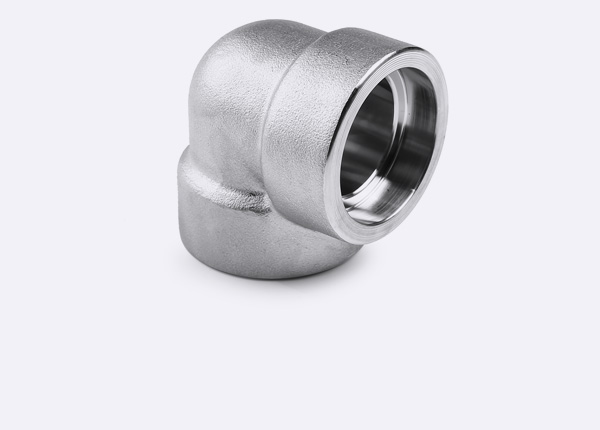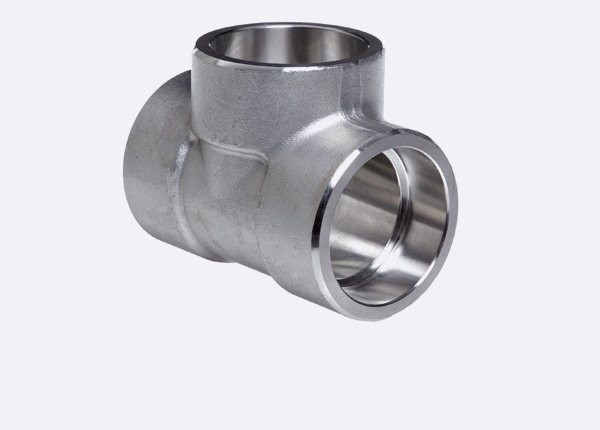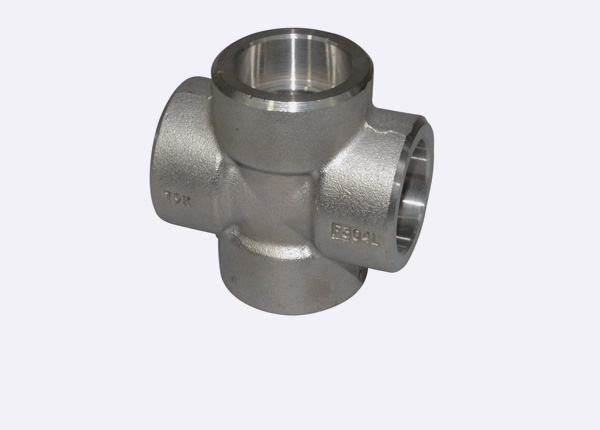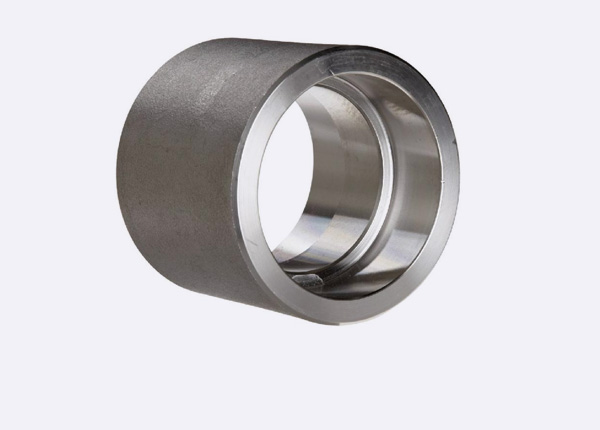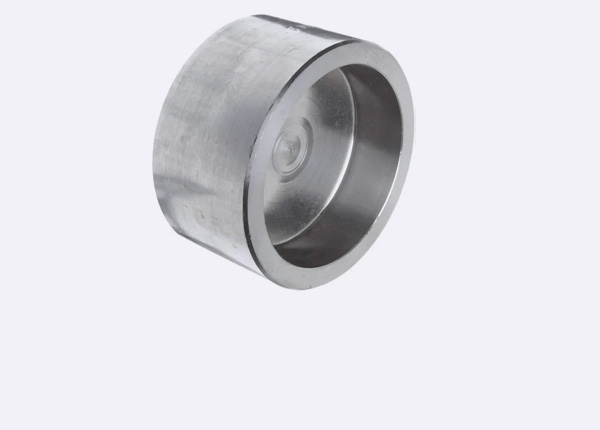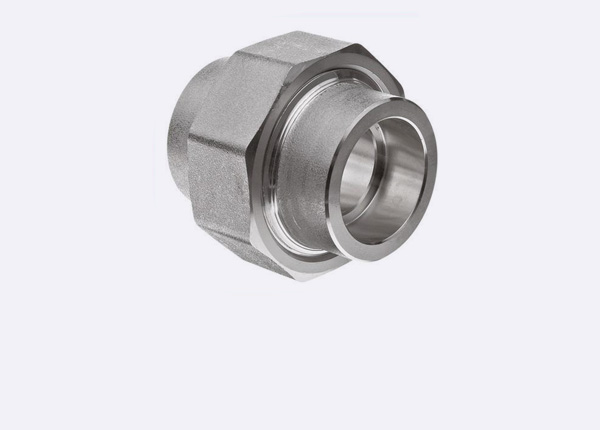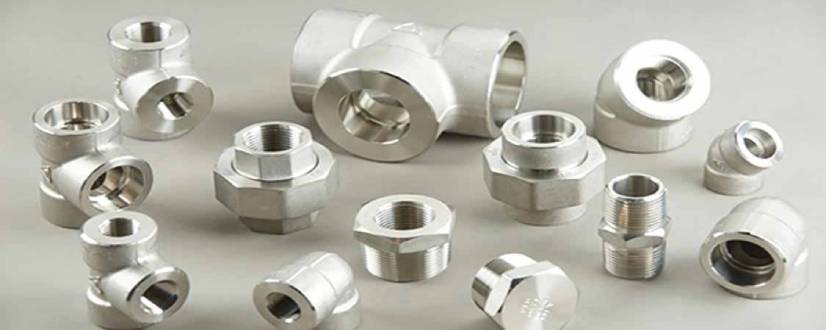
Despite having a comparable chemical makeup, this alloy have very dissimilar properties and so distinguishing among the other alloys that could be very important. The addition of sulphur negatively influences the corrosion resistance of this alloy making it much less immune to mildly corrosive environments. Titanium UNS R50400 Socket Weld Fittings is austenitic free-machining metal that's used generally for elements requiring machining, grinding or polishing.The addition of sulphur or selenium will increase the machinability, due to the fact this product has decrease resistance to corrosion. At excessive temperature, the sulphur on this alloy has a tendency to precipitate on the weld boundary ensuing in vulnerable and brittle joints. Although now no longer encouraged, welding of this product can be completed if low temperatures are employed. This operation for WNR 3.7035 Socket Weld Fittings need to be accomplished at 1850 Degree F / 1950 Degree F (1010 Degree C / 1065 Degree C) accompanied with the aid of using water quenching. You will want to examine your precise desires for this product in relation to weight, corrosion resistance, reducing desires, and cost in company of having a view to determine which alternative is best. Applications of this product consist of Aerospace Parts, Fittings, Pump and Valve Components, Screw Machine Products, and so on.
The machineable nature of this product is because of the presence of sulphur within the metal composition.Grade 2 Titanium Socket Weld Fittings is utilized in Aircraft applications including fittings, shafts and spindles, Automatic screw machine applications, Medical gadgets in company of screw threads, drilled or tapped holes. Whilst the sulphur improves machining, of this alloy additionally reasons a lower within the corrosion resistance and a moderate reducing of the toughness. This alloy cannot be hardened by means of having the aid of using thermal treatment, however strength and hardness may be expanded notably by means of having the aid of using cold working, with next discount in ductility.



